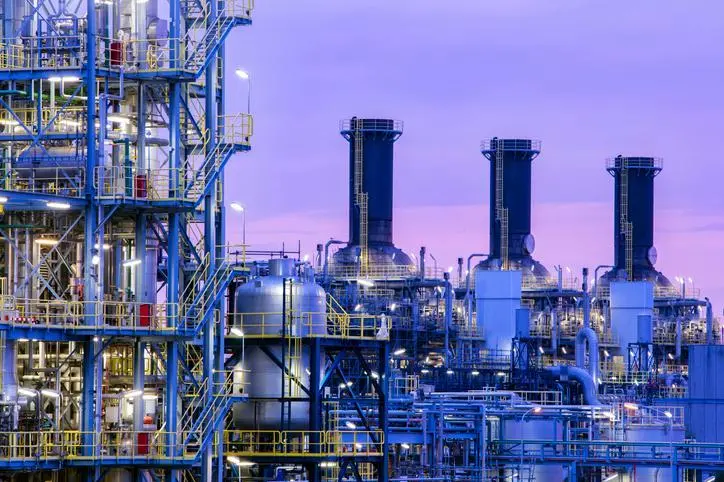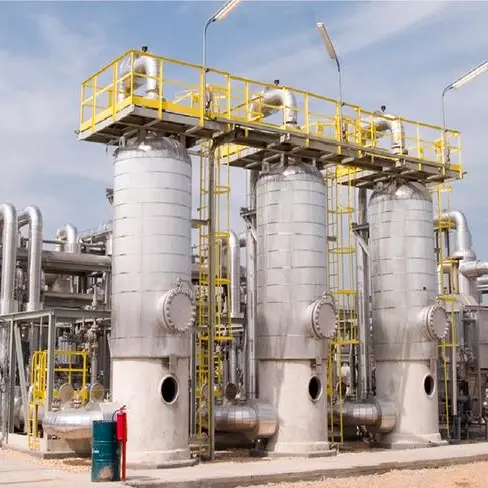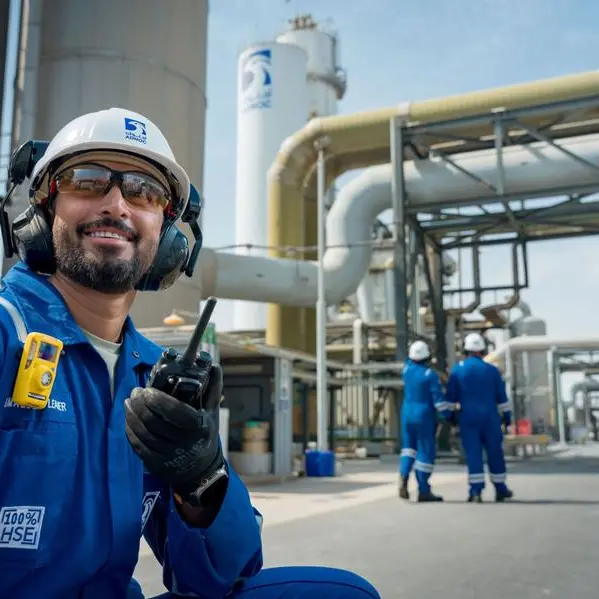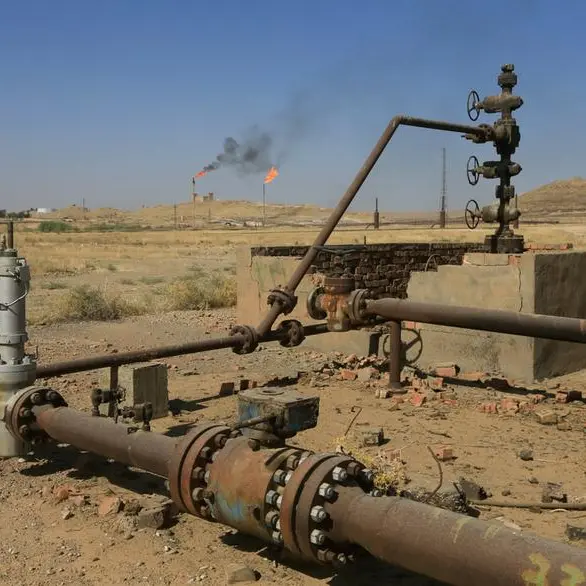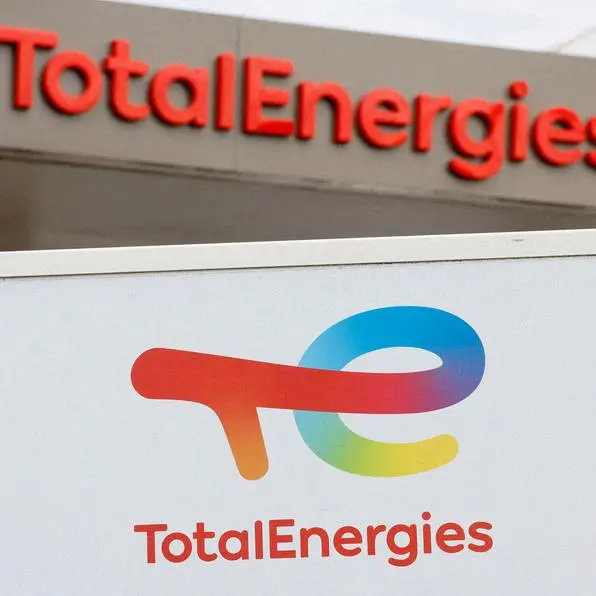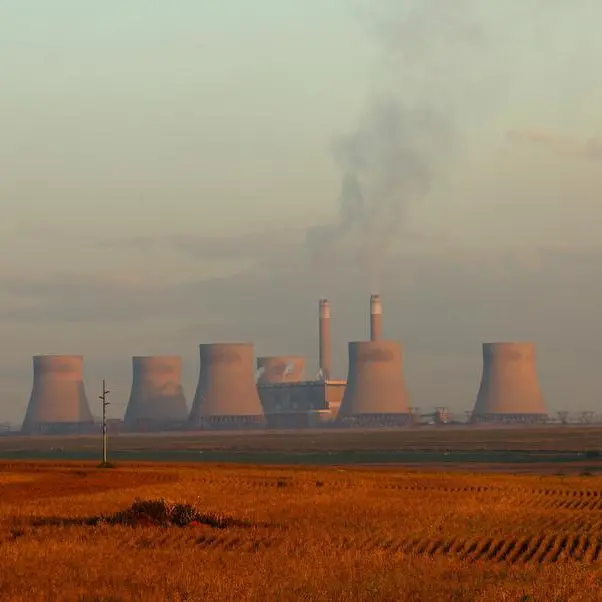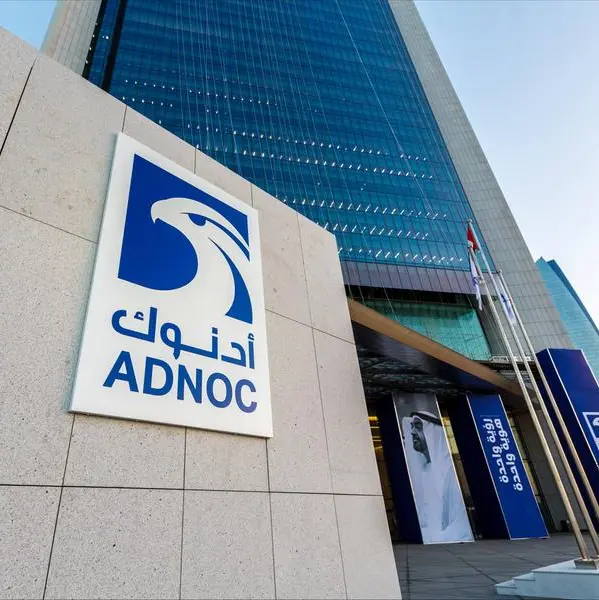PHOTO
Egypt’s Ministry of Petroleum and Mineral Resources is currently implementing 16 projects across 13 companies to cut emissions, improve efficiency and energy consumption. An official press statement, quoting Minister Tarek El Molla, said these projects would enable the oil and gas sector to recover 25 million cubic feet of gas per day and offset 584,000 tonnes of CO2 emissions.
Key projects highlighted in the statement are as follows:
Waste heat recovery project
Project company: GASCO
GASCO, which operates natural gas transmission networks in Egypt, is expanding its gas compressor station in Dahshour to increase the amount of gas pumped to South Egypt. The expansion project involves the addition of a fifth gas turbine compression train, and two 10 MWe Electrical Motor Driven (EMD) compressor trains. The Waste Heat Recovery project will enable GASCO to increase the Station’s compression capacity without any additional fuel consumption and work independently of the electrical grid. It exploits the exhaust from the four existing gas turbine compression trains and a fifth one under construction through an 28MWe Organic Rankine Cycle (ORC) system to generate electricity, which will power the EMD compressor trains, allowing GASCO to save 65 million of standard cubic metres of natural gas per year and avoiding every year the emission of 120,000 tonnes of CO2, according to press statement by Turboden, which is supplying the ORC system.
Energy efficiency and upgrade programme
Investment: $1.8 billion
Project company: Suez Oil Processing Company (SOPC)
The project includes coker complex rehabilitation and other energy efficiency investments to improve operational performance, environmental footprint and utilisation rate of the Suez Refinery. The upgrade of the coking complex will enable the refinery to achieve design feed capacity of 1.75 million tonnes per year of low-value mazut (fuel oil) in order to maxmise the conversion of fuel oil to high-value distillates, especially butane and diesel. The project is planned to start in the fourth quarter of year 2023.
MDF project
Investment: Approximately $272 million
Project company: Wood Technology Company (WOTECH)
The project, located in the industrial zone in Idku on an area of 114 acres, aims to produce Medium Density Fibreboard (MDF) based on rice straw as a main feedstock. It will use 250,000 tonnes per year of rice straw to produce 205,000 cubic metres per year of MDF, substituting imports while reducing pollution resulting from the burning of straw. The project aims to offset 360,000 tonnes of CO2 emissions.
Bioethanol project
Investment: $112 million
Project company: Egyptian Bioethanol Company
The project will use locally sourced beet molasses to produce 100,000 tonnes per annum of bioethanol, which will be mixed with gasoline to reduce greenhouse gases emissions. The project aims to reduce CO2 emissions to the tune of 300,000 tonnes.
(Writing by Eman Hamed; Editing by Anoop Menon)
